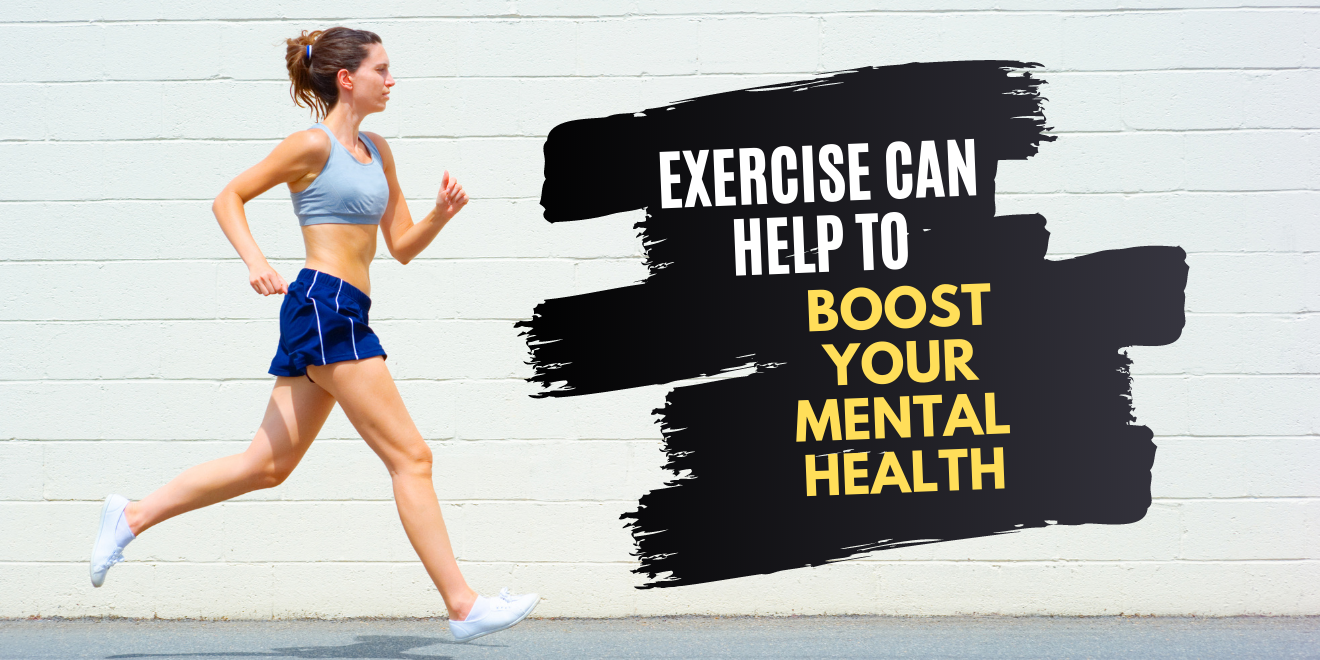
Physical exercise, often regarded as a mere routine for weight management and physical fitness, is, in fact, a complex science with profound effects on mental and physical well-being. This intricate relationship between exercise and well-being is rooted in a myriad of physiological and psychological processes.
1. The Neurological Impact:
When we exercise, our brain releases chemicals like endorphins and serotonin, often referred to as “feel-good” hormones. Endorphins act as natural painkillers and stress relievers, creating a sense of euphoria, commonly known as the “runner’s high.” Serotonin regulates mood, anxiety, and happiness. Regular exercise increases the production and release of these neurotransmitters, effectively reducing symptoms of depression and anxiety disorders.
2. Cognitive Enhancement:
Physical activity has been linked to improved cognitive function and memory retention. Cardiovascular exercises increase blood flow to the brain, promoting the growth of new neurons and enhancing overall brain performance. Studies have shown that regular aerobic exercises, such as jogging or swimming, can delay the onset of age-related cognitive decline.
3. Stress Reduction:
Exercise acts as a stress buffer by decreasing the production of stress hormones like cortisol and adrenaline. Engaging in physical activities, whether it’s yoga, running, or dancing, provides an outlet for accumulated stress, helping individuals to relax and unwind. The meditative aspects of exercises like yoga and tai chi also contribute significantly to stress reduction.
4. Physical Benefits:
Beyond mental health, exercise plays a pivotal role in maintaining physical health. It strengthens the cardiovascular system, reducing the risk of heart diseases, high blood pressure, and stroke. Weight-bearing exercises enhance bone density, lowering the chances of osteoporosis. Regular physical activity also improves flexibility, balance, and muscle tone, reducing the risk of injuries and enhancing overall mobility.
5. Sleep Quality:
People who exercise regularly tend to experience deeper and more restorative sleep. Physical exertion helps regulate the sleep-wake cycle and promotes relaxation, making it easier for individuals to fall asleep. Adequate sleep, in turn, further enhances mental clarity, emotional stability, and overall well-being.
6. Longevity and Quality of Life:
Multiple studies have shown a strong correlation between regular physical activity and increased lifespan. Engaging in moderate exercises for at least 150 minutes per week can add years to one’s life expectancy. Moreover, those who exercise regularly often report a higher quality of life, experiencing fewer health-related issues and enjoying a greater sense of vitality and well-being.
In conclusion, the science of exercise goes far beyond the physical realm. It delves deep into the intricate workings of the human body and mind, illustrating the profound impact that physical activity has on mental and physical well-being. By understanding and harnessing the science behind exercise, individuals can pave the way to a healthier, happier, and more fulfilling life.





